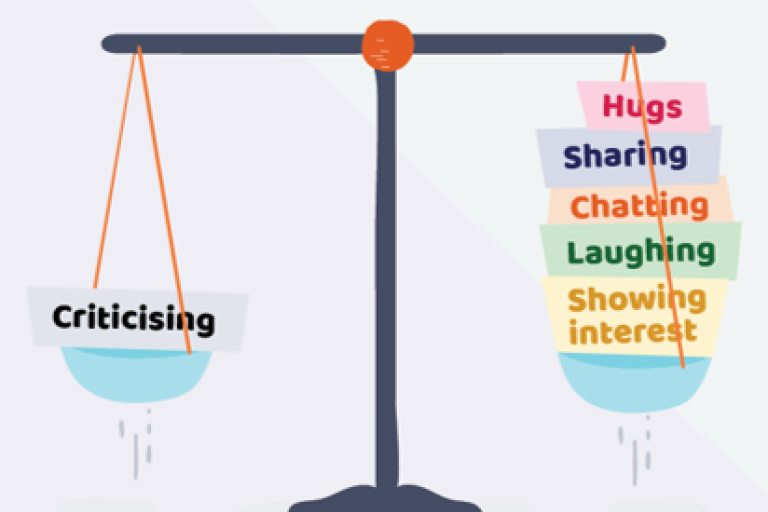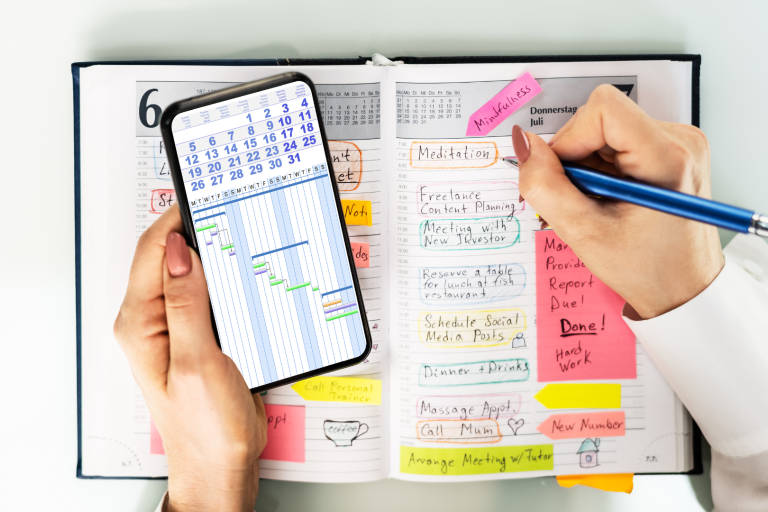If you need to have a difficult conversation with your ex, the first step is to STAY CALM. Staying calm makes it easier to listen and to be listened to. This can help you to find solutions without the conversation getting out of hand.
Focus on finding a solution. Get clear on what you want to say. Be prepared to listen. Take a long, slow, deep breath. Relax your shoulders. Ready? You can try these steps before starting a difficult conversation. You can even use them to reset yourself if something comes up during the conversation that upsets you.





